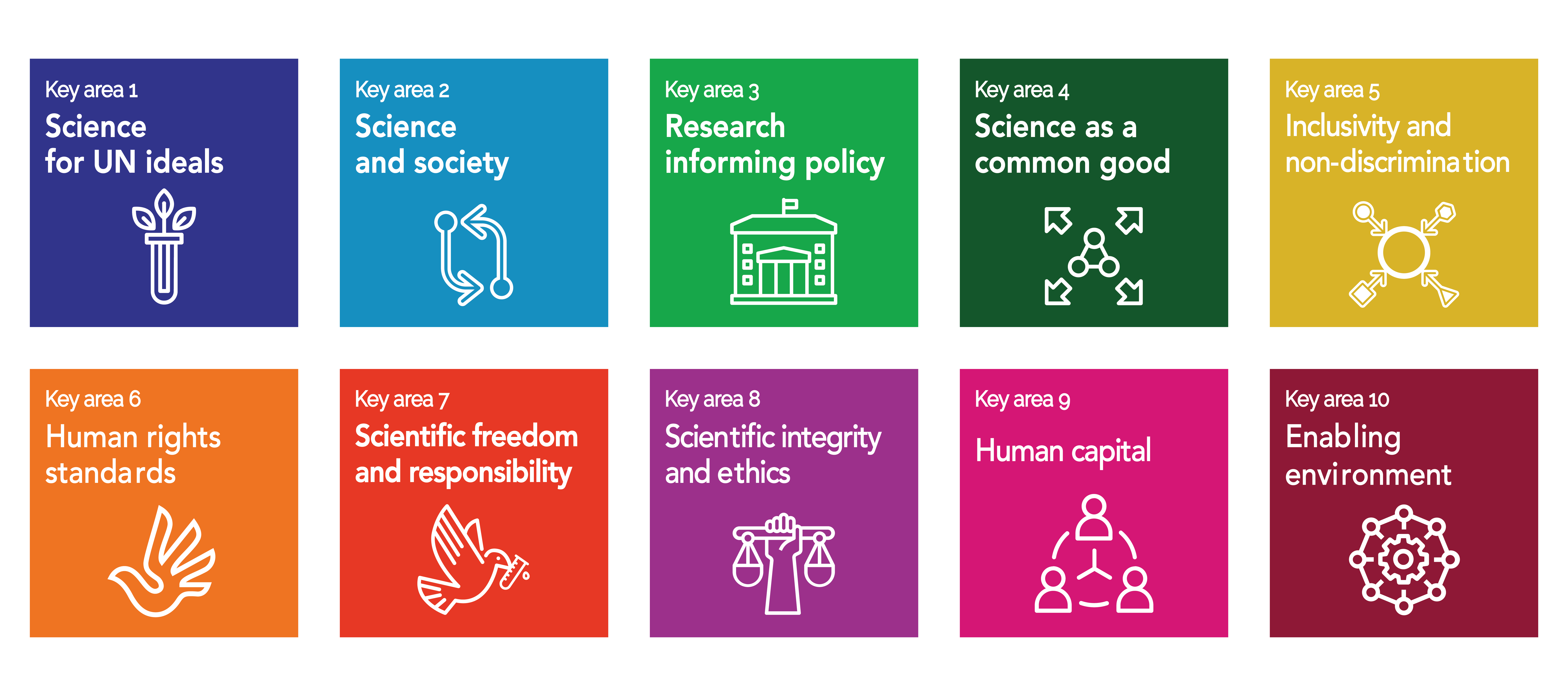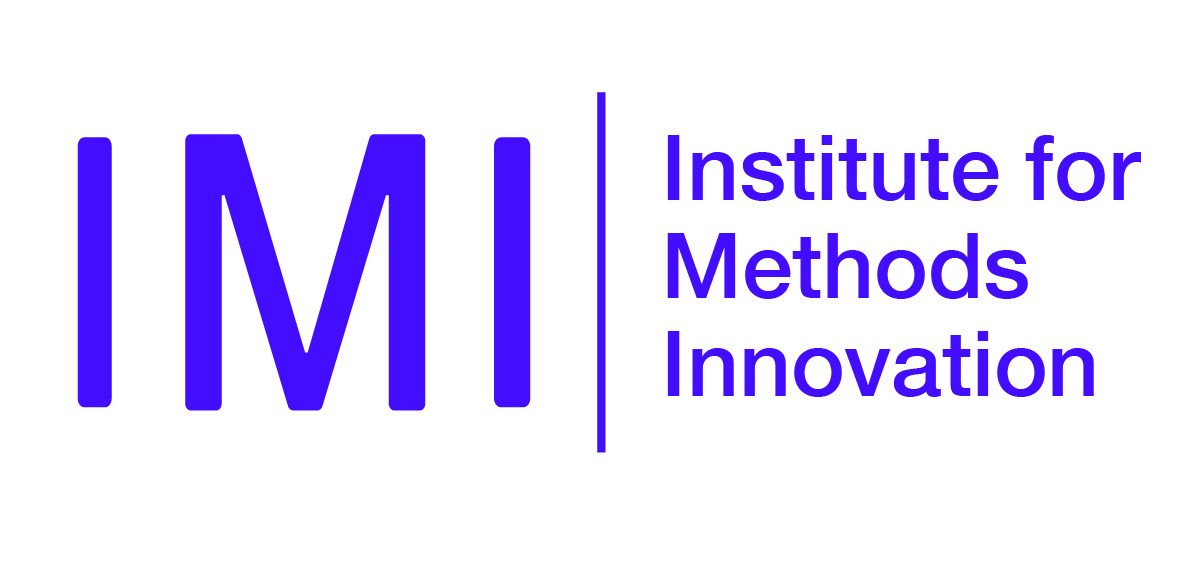UNESCO RS|SR Indicators Framework
UNESCO RS|SR Indicators Framework

Within the context of the project entitled ‘Strengthening STI Systems for Sustainable Development in Africa’, implemented by the Sectors for Social and Human Sciences and Natural Sciences, our team was commissioned to develop a monitoring process and methodology tailored to the requirements of the 2017 Recommendation on Science and Scientific Researchers (RS|SR) and taking full account of national circumstances, needs and priorities.
The 10 key priority areas for RS|SR implementation ratified by the UNESCO Executive Board are:

As part of an extensive research and consultation process, our team:
1. Undertook a critical examination of the 2020 draft indicators developed in the context of the 10 key areas of the RS|SR, in view of enhancing capacity of Member States worldwide to report on a revised framework in the 2022-2025 period. This examination considered the need for breadth, diversity and the ability of Member States (particularly developing countries) to easily report on RS|SR implementation using these indicators. This critical examination also identified commonly used Science, Technology and Innovation (STI) systems indicators and assessed their suitability for the RS|SR reporting.
2. Developed a framework to structure and interpret the reporting on RS|SR, focusing on similarities and differences with traditional STI systems indicators. This framework included guidance for UNESCO on how to interpret the indicators, referring to existing literature on STI indicators and evaluation frameworks.
3. Developed a simplified framework of qualitative and quantitative indicators for each key area.
4. Liaised with the GO-SPIN Platform Scientific Advisor to ensure indicators were included in the online platform, as well as with other key stakeholders working on other UNESCO Recommendations to identify consistent approaches to these standard-setting instruments where possible.
5. Consulted 6 pilot countries in Africa on how to use these indicators and proposed data and analyses to measure progress against them, to inform a revision to the draft set of indicators, recommendations for countries on types of data to use in reporting, and other considerations for benchmarking progress.
6. Developed elements of a draft survey for consideration by UNESCO that aligned with the proposed indicators and facilitated reporting on RS|SR.
